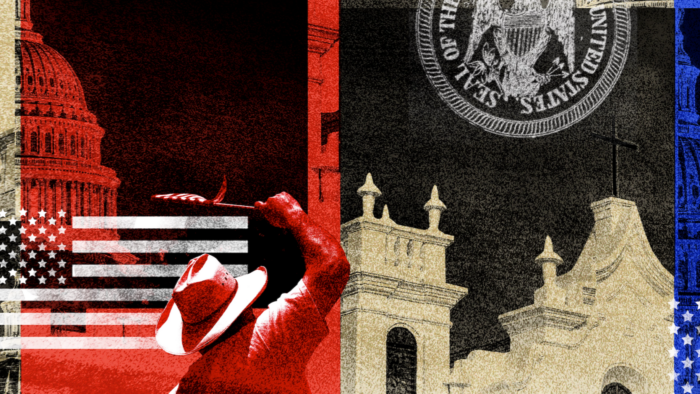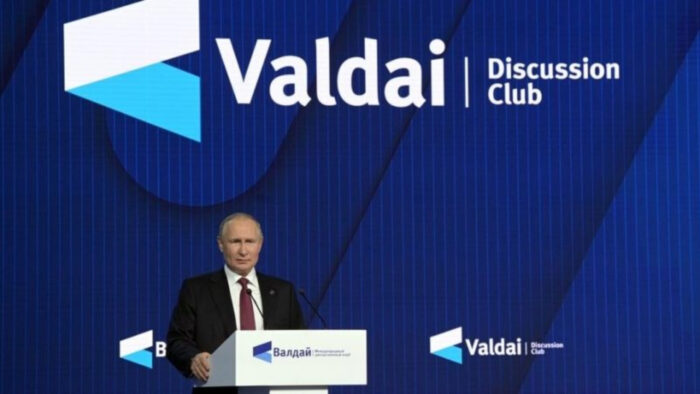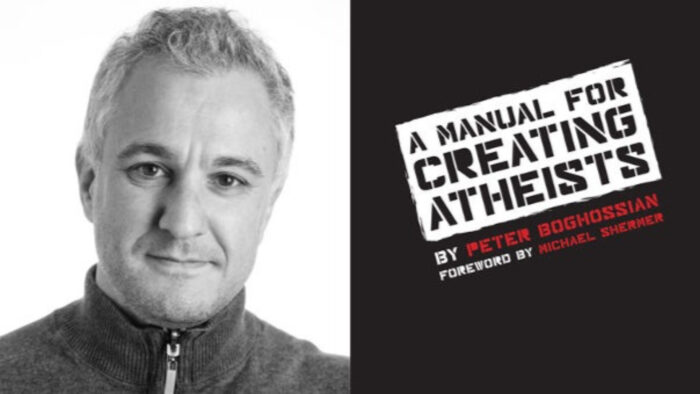Independent Russian media has posted an article analyzing the impact of the Russian invasion of Ukraine on the country’s attempts to position itself as the leader of the Global National Conservative Alliance (GNCA). According to the article. titled “How Russia’s War in Ukraine Has Impacted its Christian Image,” “cracks’ have emerged in Russia’s messaging strategy:
November 16, 2022 Over the past decade, the Russian government has taken pains to present itself as a bastion of Christianity and traditional values. The Kremlin has used this image of religiosity and its close relationship with the Russian Orthodox Church as a mechanism to promote its interests domestically, as well as cultivate ties with similarly fundamentalist-minded supporters abroad. Since the outbreak of the war in Ukraine, however, there have been noticeable cracks in the receptivity of this messaging strategy. Traditional religious allies of Russia in the West have begun speaking out against the war and, in particular, the Russian Orthodox Church’s support of it. This recent trend of criticism, and declining global support for both Moscow and the Church, presents a significant and under-appreciated challenge for Russia’s ability to promote its interests and influence. In the U. S., Russia has long garnered support from various groups and figures in America’s conservative Christian communities. In these communities, Putin and the Church have successfully cast themselves as champions of Christian values, willing to do battle with what many parishioners perceive as a moral decay in the West. Russian propaganda has bolstered this perception, as well as the supposed danger of liberalism pushed by Western governments, which Russia portrays as a threat to conservative ideals. In 2013, after Putin signed a law that banned the promotion of “nontraditional relationships” among minors, many prominent religious figures in the U. S. applauded the effort. Franklin Graham III, a well-known evangelist, praised the law as evidence of Russia’s dedication to traditional values while the U. S. “abdicated” its “moral leadership.” In fact, Florida’s recently passed “Don’t Say Gay” bill echoes Russia’s 2013 law. In the leadup to the war in Ukraine, the Russian strategy of courting Western support through religious means appeared to be paying off. Tucker Carlson asked live on air why Americans should hate Russia; Steve Bannon, on his show, argued we should be praising Putin for his anti-LGBTQ policies and for being “anti-woke.” Even after the onset of war, religious figures such as American leaders of Russian Orthodox Cathedrals in the U. S. have repeated Russian talking points that assign blame to both Ukraine and the U. S. for the war.
Read the rest here.
The Global National Conservative Alliance (GNCA) is described in a GIOR report as follows:
Russian President PUTIN has expressed an interest in Russia becoming the ideological center of a new global conservative alliance, and European far-right leaders have taken pro-Russian positions based on a similar ideology. Hungary is at the center of a developing alliance between European far-right nationalists and American conservatives that Russia could potentially exploit for use in information warfare. This alliance operates under the rubric of “National Conservatism,” centered on national sovereignty, cultural identity, and opposition to global institutions and representing a potentially radical change for the US conservative movement away from long-held Reagan-era philosophies.
Read the full report here.
The GNCA has become the major focus of GIOR coverage of Russian influence operations.









COMMENTS